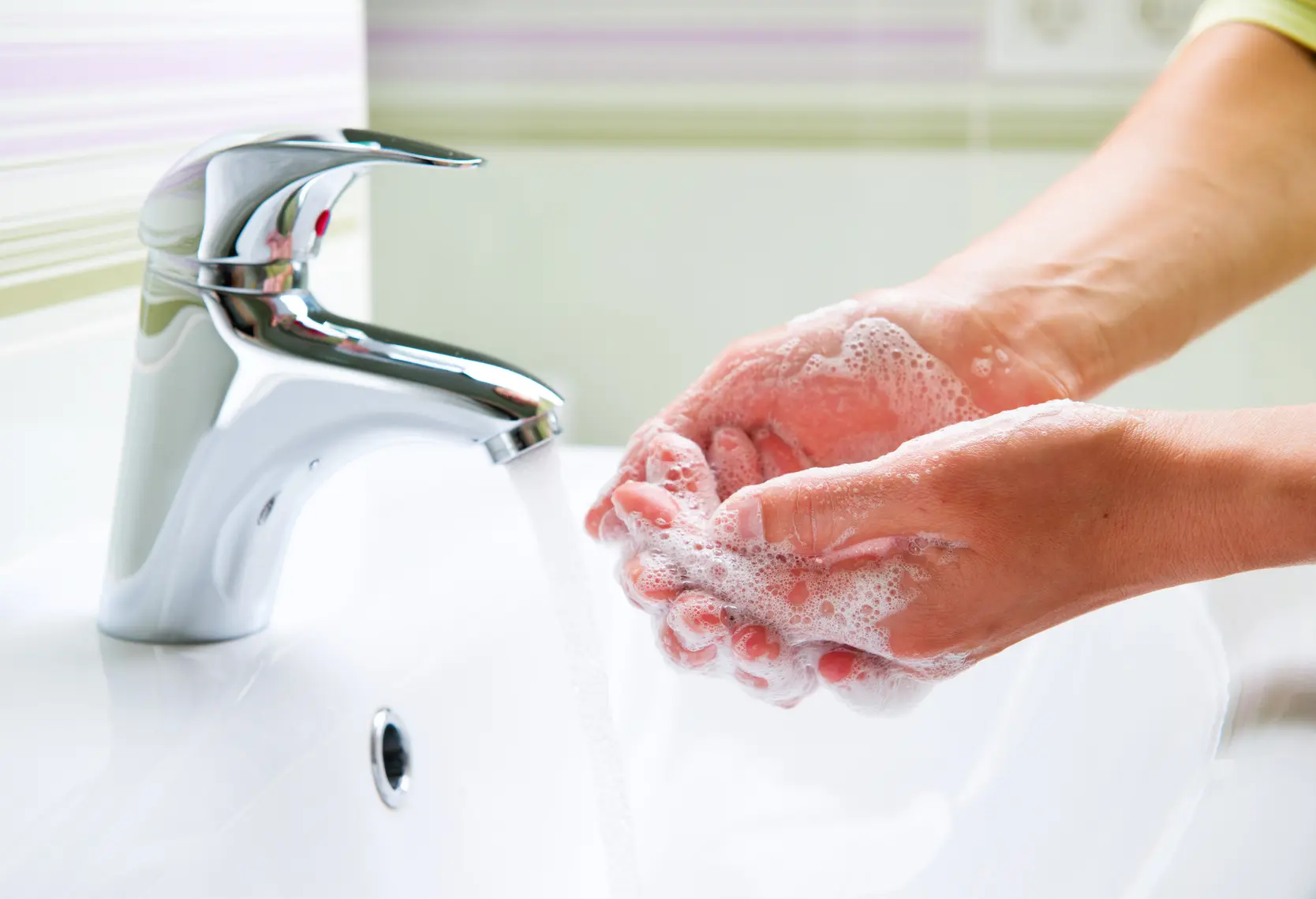Striving to stay germ-free is important for everyone, but it is especially important for those working in the medical field due to their frequent contact with critically ill and immune system-compromised patients. For medical professionals, staying away from germs isn’t merely good sense; it’s a part of the job. If you work in medicine, surely you’re highly familiar with the many preventative practices, but what about outside of work? Here are some ways that you can make sure you stay germ-free so that you’re able to keep working with your patients.
As Always, Wash Your Hands
This one is a given because medical professionals practice it so frequently, but it’s worth the extra reminder. Remember when going about your day that washing your hands isn’t reserved for the bathroom only. It’s important to wash hands before, during, and after food preparation; after touching pets; after blowing your nose, coughing, or sneezing; after working with diapers; and after handling garbage.
Keep Your Home Clean
This is especially important if there are young children in the home. Be sure to clean all tabletop and countertop surfaces frequently with a disinfectant in order to prevent bacterial infection. Wash towels and bedding on a regular basis, and don’t forget to maintain clean fans and window dressings as well. Bathrooms and kitchens are two places in your home that should require the most frequent attention.
Eat for a Stronger Immune System
Remember that your diet can have a tremendous impact on the health of your immune system. Boost your immune system with probiotics-containing yogurt, or with zinc-containing beef. Garlic is also great for its ability to help fight infection and bacteria, and oats and barley both contain a fiber that can boost immunity, speed the healing of wounds, and help antibiotics work more effectively.
Do Not Touch Your Eyes, Nose, or Mouth
Without your knowing it, even something as simple as biting your nails and then touching one finger to your lip could mean you contracting a disease that you have been exposed to, putting you out of work for potentially weeks. These movements can be involuntary, so be sure to watch how often you are touching your face throughout the day.
Stay Away from Those that Are Sick
This can be difficult in certain social situations, but if you ever find yourself in a situation where you are being exposed to others infected with communicable diseases, leave that situation if possible. If nothing else, at least maintain a safe distance so that you too do not become infected.
As Always, Wash Your Hands
This one is a given because medical professionals practice it so frequently, but it’s worth the extra reminder. Remember when going about your day that washing your hands isn’t reserved for the bathroom only. It’s important to wash hands before, during, and after food preparation; after touching pets; after blowing your nose, coughing, or sneezing; after working with diapers; and after handling garbage.
Keep Your Home Clean
This is especially important if there are young children in the home. Be sure to clean all tabletop and countertop surfaces frequently with a disinfectant in order to prevent bacterial infection. Wash towels and bedding on a regular basis, and don’t forget to maintain clean fans and window dressings as well. Bathrooms and kitchens are two places in your home that should require the most frequent attention.
Eat for a Stronger Immune System
Remember that your diet can have a tremendous impact on the health of your immune system. Boost your immune system with probiotics-containing yogurt, or with zinc-containing beef. Garlic is also great for its ability to help fight infection and bacteria, and oats and barley both contain a fiber that can boost immunity, speed the healing of wounds, and help antibiotics work more effectively.
Do Not Touch Your Eyes, Nose, or Mouth
Without your knowing it, even something as simple as biting your nails and then touching one finger to your lip could mean you contracting a disease that you have been exposed to, putting you out of work for potentially weeks. These movements can be involuntary, so be sure to watch how often you are touching your face throughout the day.
Stay Away from Those that Are Sick
This can be difficult in certain social situations, but if you ever find yourself in a situation where you are being exposed to others infected with communicable diseases, leave that situation if possible. If nothing else, at least maintain a safe distance so that you too do not become infected.






